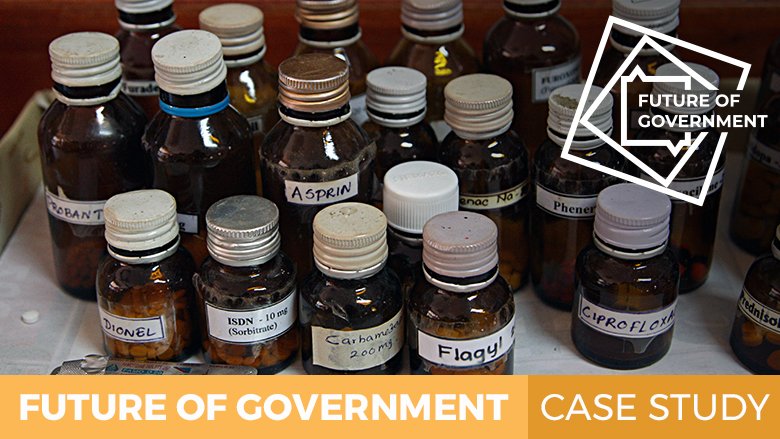Future of Government | Report | Watch Future of Government Debates
In successful mixed economies, governments have adopted policies that allowed the private sector to thrive, providing a regulatory framework that has resulted in economic growth and prosperity. Due to efforts to privatize certain formerly public functions, the private sector has assumed an increasingly important role in the delivery of basic services, such as health and education during the past few decades. While delivering state services through private providers was only partially successful and often faced stiff opposition from the public, in some areas, partnership can provide benefits.
The private sector successfully intervened during the pandemic and supported government efforts to tackle the pandemic. Other interventions can be found in unexpected areas – for example, the drone industry. The use of unmanned aerial vehicles to deliver life-saving medical supplies was already proven to be feasible before the onset of the pandemic. In remote and isolated communities, this new technology operated by the private sector in coordination with governments (which often introduced new, more lenient airspace-related regulations to facilitate the quick deployment of the technology).
This proved to be crucial to deliver personal protective equipment, test kits, and return lab samples in a timely manner. High unit costs for drone delivery remain a challenge, but some private sector firms can iterate quickly and flexibly obtain funding and inputs, which is key for innovative areas of economic activity.
Similarly, in some settings, where the state struggles to train, recruit and motivate, non-state actors (for-profit and otherwise) might take a greater role until the state 'learns to manage'. However, many states have limited the space for non-state actors to flourish in the past few years. Starting points differ hugely.

